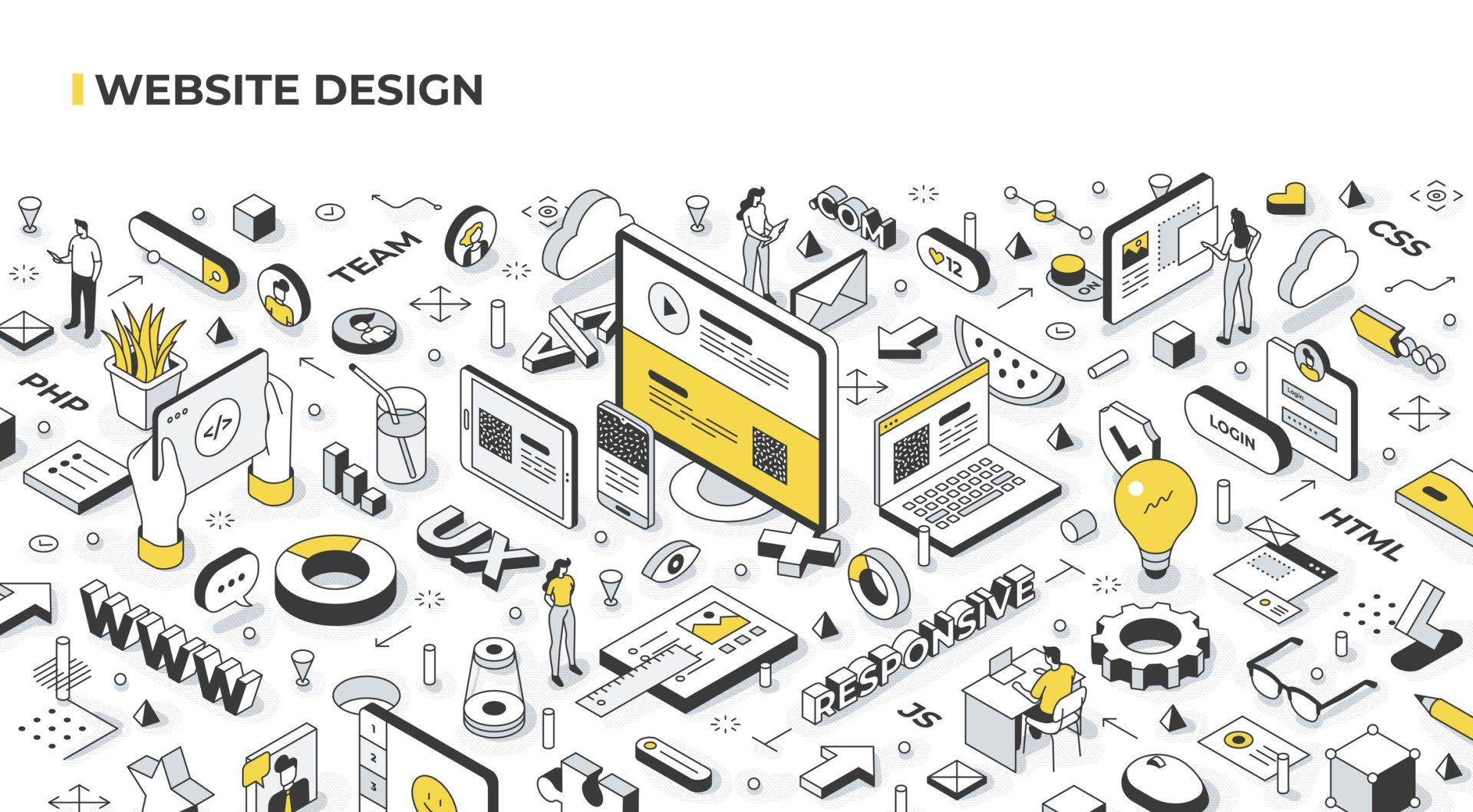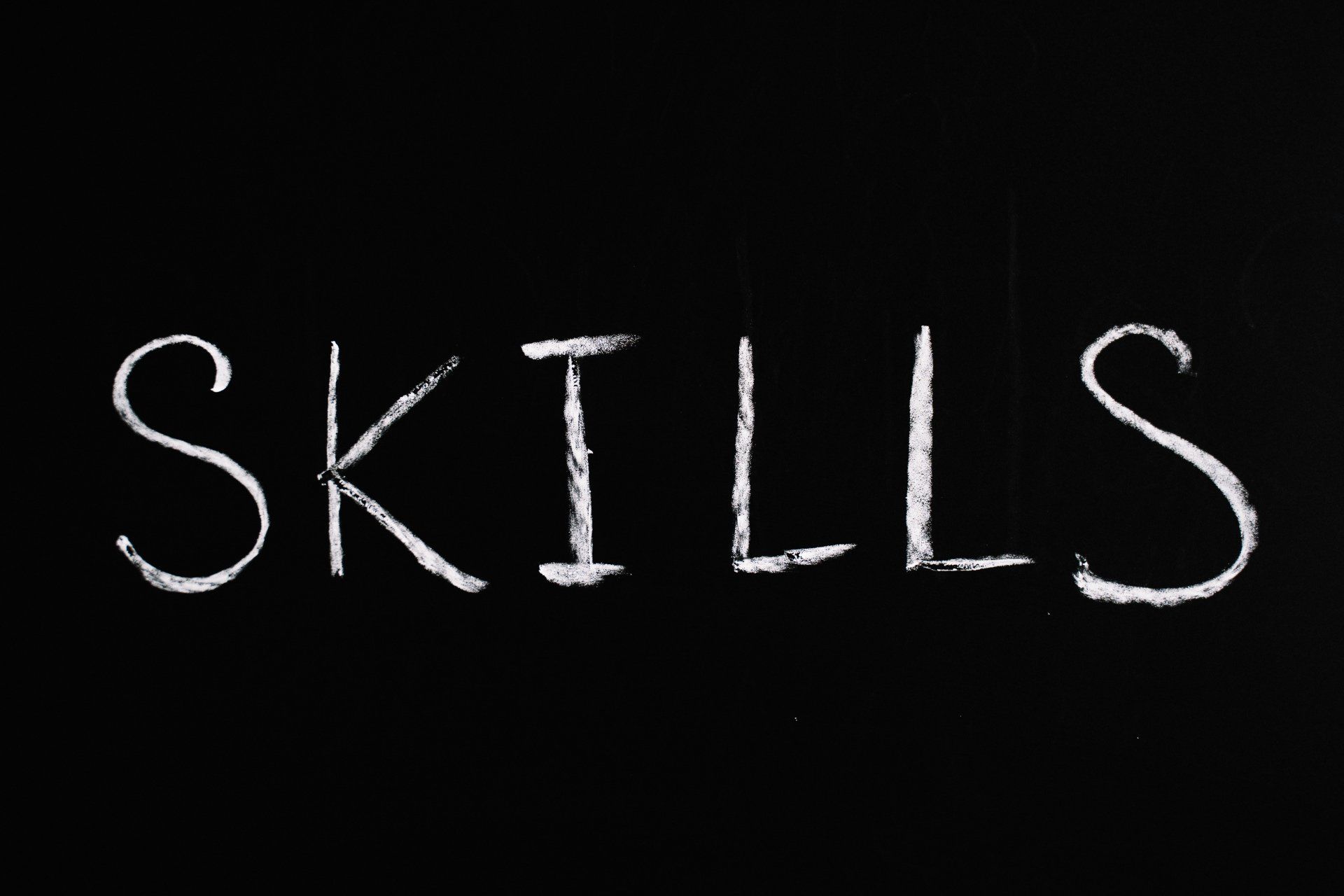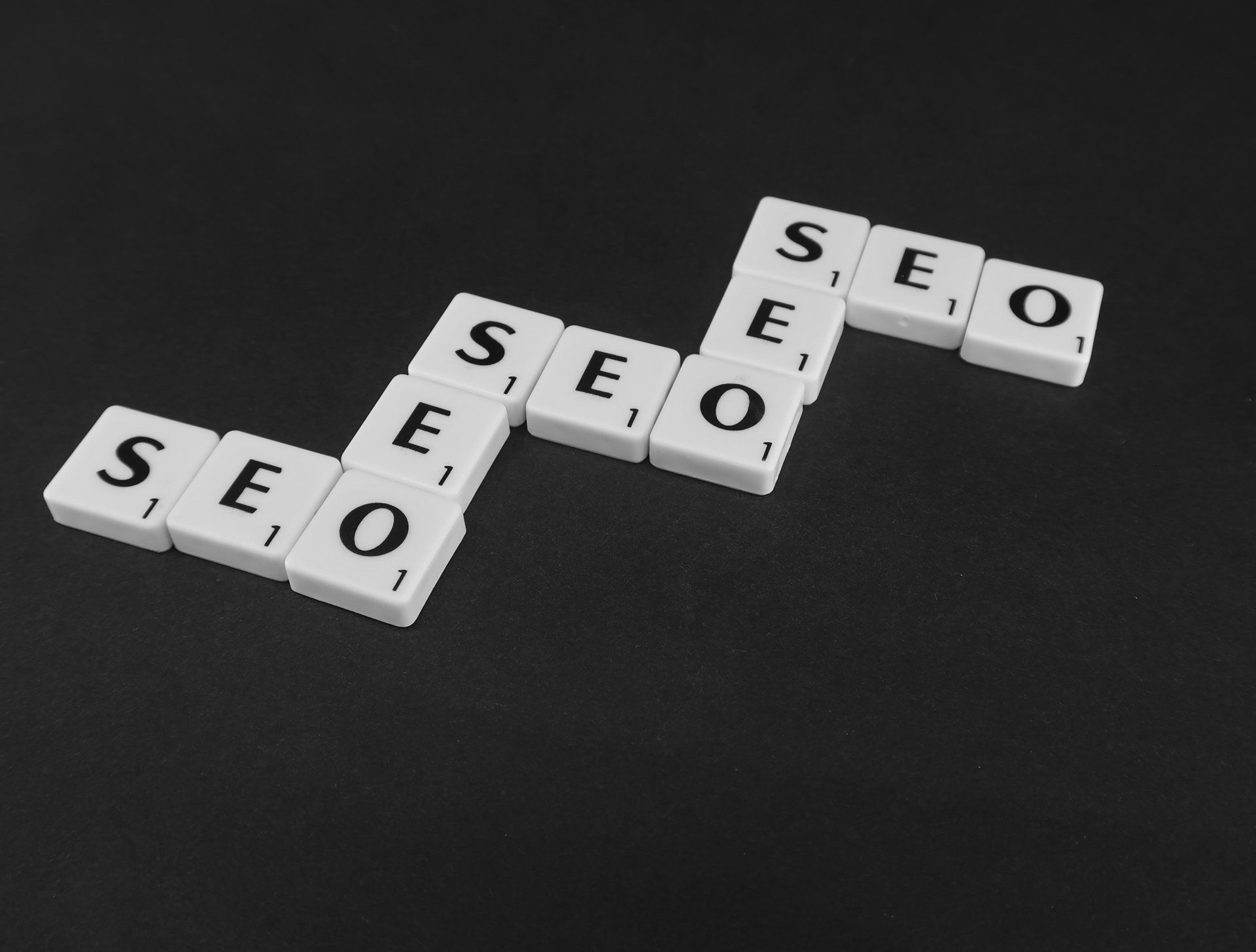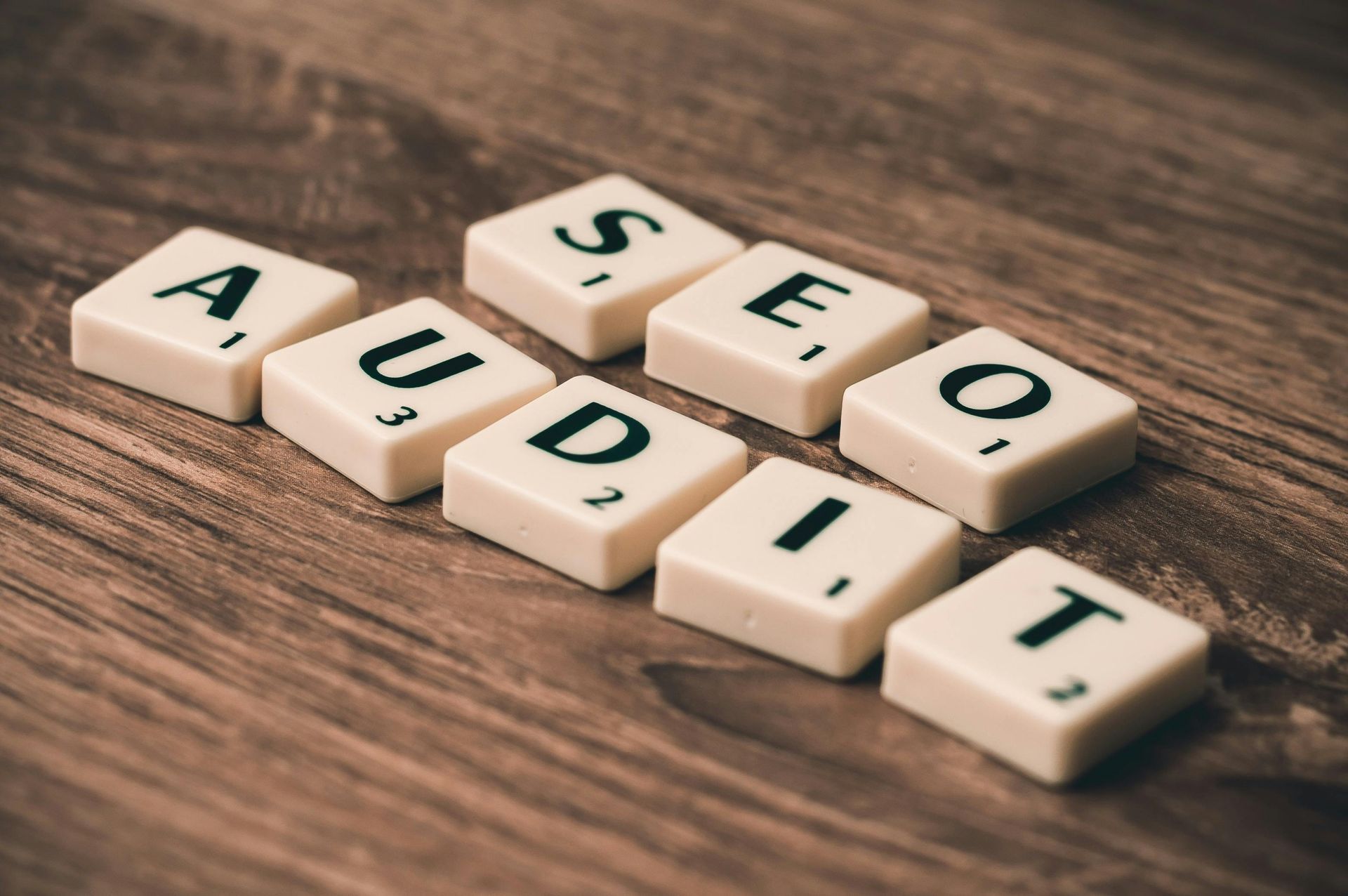The importance of a professional website for any business
It doesn’t matter if you’re running a one-man band or a multinational enterprise and it doesn’t matter if your business is long established or it just started yesterday, a professional website is important for any business.
If your website doesn’t imply professionalism, quality and credibility, potential customers will be scared away. They will miss out on your fantastic products or services and you will miss out on those all-important sales.

Of course, you could build a website yourself. There are lots of no-cost or very low-cost options out there, like Wix, Squarespace and WordPress, but do you know how best to use them? Can you showcase your brand in the best possible way and present a seamless user experience to your customers and prospective customers? And do you even have the time to do it?
The answer to all these questions is almost certainly ‘no’.
If you’re not experienced in web design, you could be wasting valuable time, which could be better spent elsewhere in your business, rather than leaving the web design to professionals who can really make a difference to your sales, conversions or footfall.
You may be worried that a professional website will be too expensive for a small or new business. But you may be surprised to discover that it is remarkably affordable – and you will definitely see a return on your investment.
Here’s why it is important to have a professional website for any business…
Skills and knowledge
Professional website designers, who spend all their time designing and building sites, can get your site up and running far quicker than someone who is trying to do it themselves. They also have skills and knowledge far beyond those of someone who dabbles in Squarespace or WordPress, so they can build a site which really delivers.
User experience
Professional web designers have tools which allow them to see exactly what visitors look at when they see your page. Along with information on browsing actions, professional designers know exactly which parts of your site work and which don’t. They can fix problems visitors might not even notice consciously, but which may discourage them from returning to your site.
Small adjustments to the user experience (UX), which someone without professional knowledge would probably be unaware of, can make a real difference to your bottom line.
Strong branding
A do-it-yourself drag and drop website will never do your brand justice, however many pretty templates it offers you.
A custom design by a professional website designer will help set your brand apart from the competition and really highlight what your strengths are.
A strong brand will make your business more memorable, which will make it more likely for customers to come back to you in the future.
SEO
Search engine optimisation, or SEO, will help you to attract new customers. Professional website designers will optimise your site for SEO, by building content around the keywords you want your site to rank for, such as ‘garden design Gloucestershire’ or ‘tattoo parlour Cheltenham’.
Over time, SEO will help to attract new customers to your business, by making your website more visible on Google and other search engines.
Clearly show your products and services
Your website is your shop window, so you want to show your products and services at their very best. A professional designer will help ensure you have the high quality photos, images and video on your website to really showcase your products and services.
They can also use quality images and video on your website to give visitors a feel of your physical location – such as a coffee shop or hair salon – to inspire them to visit.
More leads and customers
A good website will generate leads for your business 24 hours a day, because it has effective calls to action (CTAs) throughout the sales funnel.
Getting the sales funnel right is something which takes skill and experience. A professional website designer has the experience to get it right first time and will generate more leads and more sales than a DIY site. So even though a professional website costs more than building it yourself, it will soon give you a good return on investment (ROI).
Credibility and authority
People like to buy from a brand they can trust. If your company is very new or very small, how do they know they can trust it?
A visitor will decide within a fraction of a second whether to trust your business. A professional website, with a seamless UX, fast loading speeds and no downtime looks like it belongs to a credible and trustworthy business.
If your website appears credible, people will be much more likely to buy from you than from a business which is selling the same, but has a website which was clearly built by an amateur.
If your website doesn’t look professional, even if the content is relevant, potential customers won’t see it as being as trustworthy as other similar sites.

Improved customer service
A professional website, which includes a chatbot and frequently asked questions (FAQs) will give a better service for customers, as they should be able to find the answers to nearly all of their questions without having to phone or email your business. That means it will also save you time and money, as rather than pay people to answer customer queries, they can work in other areas of the business, which will be more beneficial to your bottom line.
Here at Cotswold Web, we have over 50 years’ experience of marketing and web design between us, and we also have access to the very latest cutting-edge technology – a real win-win for our customers!
We’ve worked on projects for companies and organisations of all sizes. We know what can go wrong and, most importantly, we know how to make a business successful online.
Our experience means we will build a website which will drive customers to take the actions you want them to take – whether that is sales, signing up for subscriptions, footfall to your bricks and mortar business or something else.
Of course, our websites look pretty (or however you want them to look!), but there’s far more to web design than that. Every time we design and build a website, we focus on how it will generate more business for you.
We all know how frustrating it is when a website loads slowly – and it’s bad for your search engine optimisation (SEO) too. Our sites are all optimised to load at lightning speed, to meet with Google best practice. This stops potential customers from leaving your site immediately and also helps improve your search ranking.
The good news is, our professional website designs aren’t expensive. We have designs to suit all budgets. And even if you opt from one of our simplest designs, your business will benefit from our years of experience and all the latest technology.
You might have been wondering how you can afford a professional website, especially for a small or new business. But it’s important to remember that a professional website will really strengthen your brand. It will help your business to grow and drive potential customers to it 24/7. The question should be how you can afford not to have a professional website!
More Posts.







